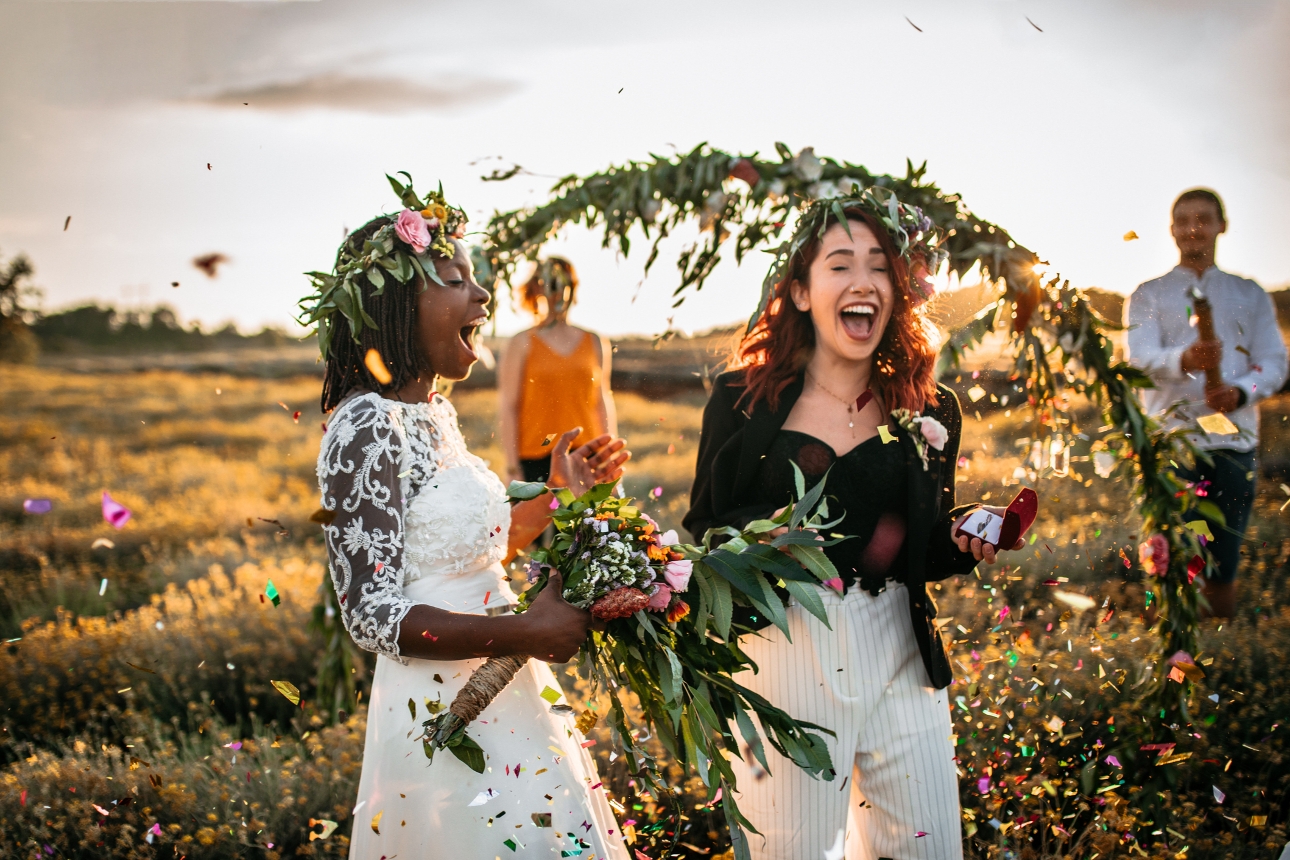AJ Pyrotechnics is offering our readers an exclusive discount
Folkestone-based AJ Pyrotechnics was born out of the love and thrill of seeing...

With the Pandemic derailing wedding plans since 2020, the next few years look set to be a busy time for couples celebrating their union. But couples themselves are evolving – from individuals who feel shoehorned into traditions or cultural expectations they don't feel comfortable with, to those who feel more confident creating their own idea of how a wedding should be, encompassing a far wider range of preferences, traditions, and cultures.
Perhaps you're one of them? Maybe you feel that the 'traditional' wedding doesn't quite capture the details that have meaning to you and your partner? That you'd rather create something that honours your own heritage and culture, combined with that of your beloved?
You're certainly not alone. When NameSwitch was invited to speak on diversity at a recent industry event, Bridelux Symposium, the overwhelming consensus of wedding professionals was that they, too, are seeing a change in how weddings are becoming more individually unique; created to celebrate the heritage (often blended) and preferences of each couple.
It's something we're seeing in our own business too – there's been a defined rise in double barrel, blended names, maiden name to middle, men taking women's names and every possible option in between.
All sorts of combinations are open to the modern couple, and it should no longer be assumed that the nuptials of 2021 and beyond will automatically follow convention. And you, as an individual and as a couple, shouldn't feel constrained or pressured to follow the traditions of the weddings that have gone before.
It could be that the delay of weddings over the course of the Pandemic has given people more time to think deeply about what a wedding celebration means to them; what they want to include; what they want to take out and how their ideas might not necessarily fit the cookie-cutter mould.
It could be that couples with differing heritages, cultures or sexual orientation might be feeling emboldened to create a wedding that honours both partners. Or it could simply be that more multi-faith, mixed-culture weddings are taking place.
Read more on this insightful blog here.